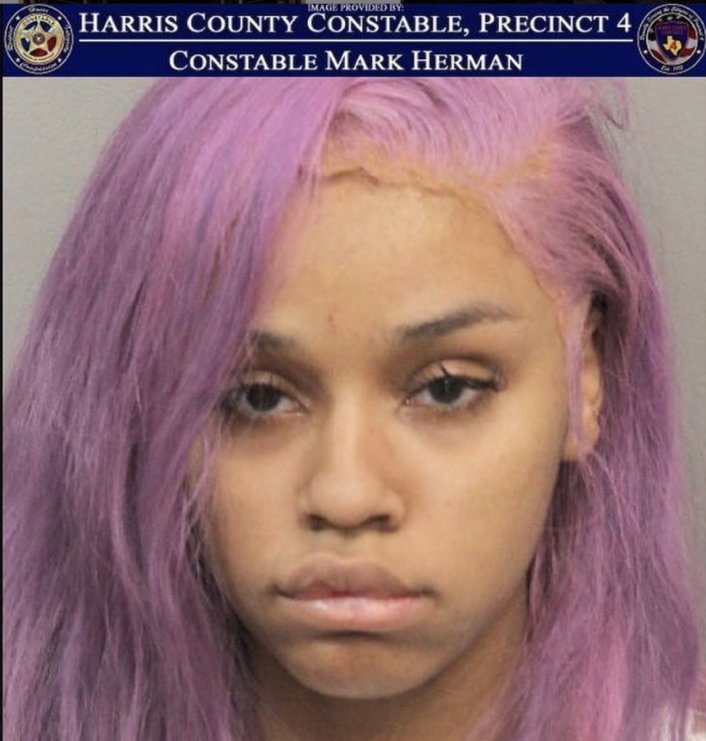Black Enterprise founder Earl G. Graves Sr. died Monday night after a long battle with Alzheimer’s disease. He was 85.
READ MORE: Black Enterprise lists the most powerful African-American corporate board members in US
Graves’ son announced the passing on Twitter: “At 9:22 pm this evening, April 6, my Father and Hero Earl Graves Sr., the Founder of @blackenterprise, passed away quietly after a long battle with Alzheimer’s. I loved and admired this giant of a man, and am blessed to be his namesake. LOVE YOU DAD!” tweeted Earl “Butch” Graves Jr.
At 9:22pm this evening, April 6, my Father and Hero Earl Graves Sr., the Founder of @blackenterprise, passed away quietly after a long battle with Alzheimer’s. I loved and admired this giant of a man, and am blessed to be his namesake. LOVE YOU DAD! pic.twitter.com/UoerizfX8a
— Earl Butch Graves Jr (@EarlButchGraves) April 7, 2020
Graves was a trailblazer and a legend who leaves behind a magazine created in 1970 to help Black entrepreneurs traverse the challenges of business to succeed and “achieve their measure of the American dream,” according to Black Enterprise. The magazine was created to educate, inspire and empower readers to accomplish their professional and economic goals.
The Brooklyn, New York native began with that dream and built a multimedia business empire that now delivers financial information to more than six million African Americans across print, digital, broadcast and live-event platforms. Graves also once operated Pepsi-Cola of Washington, DC, one of the country’s largest soft-drink distributors owned by African-Americans, and is the author of the book, How to Succeed in Business Without being White, according to Black Enterprise.
Graves was a graduate of Morgan State University where he earned a degree in economics. After graduating, he served for two years in the Army as an officer and later worked in law enforcement and real estate. In 1975, he became an administrative assistant for Senator Robert F. Kennedy. When Kennedy was assassinated in 1968, Graves decided to start a magazine that would provide a roadmap for Black people pursuing entrepreneurship.
“Black Enterprise was just a modest magazine when I founded it—just me, a few brave advertisers like Pepsi, ExxonMobil, and General Motors; and a small but spirited staff. And one other person who did just about everything there is to do to put out a magazine—my wife, Barbara,” Graves wrote, according to Black Enterprise.
READ MORE: Black Enterprise celebrates 40 years of listing America's largest black companies
He landed a $250,000 loan from Chase Manhattan Bank to start Black Enterprise and was so successful at selling subscriptions and advertisements, along with running the magazine that it turned a profit in less than a year, allowing Graves to fully repay the loan. The magazine has featured everyone from media moguls Oprah Winfrey and Bob Johnson to former American Express CEO Kenneth Chenault and money manager and tycoon, Reginald F. Lewis.
Graves’ wife, Barbara, predeceased him in 2012. The couple has three sons, Earl Jr., Johnny and Michael, and eight grandchildren.
The post Earl Graves, Sr., trailblazing founder of Black Enterprise magazine, dead at 85 appeared first on TheGrio.
from TheGrio https://ift.tt/2URCg4R
via





